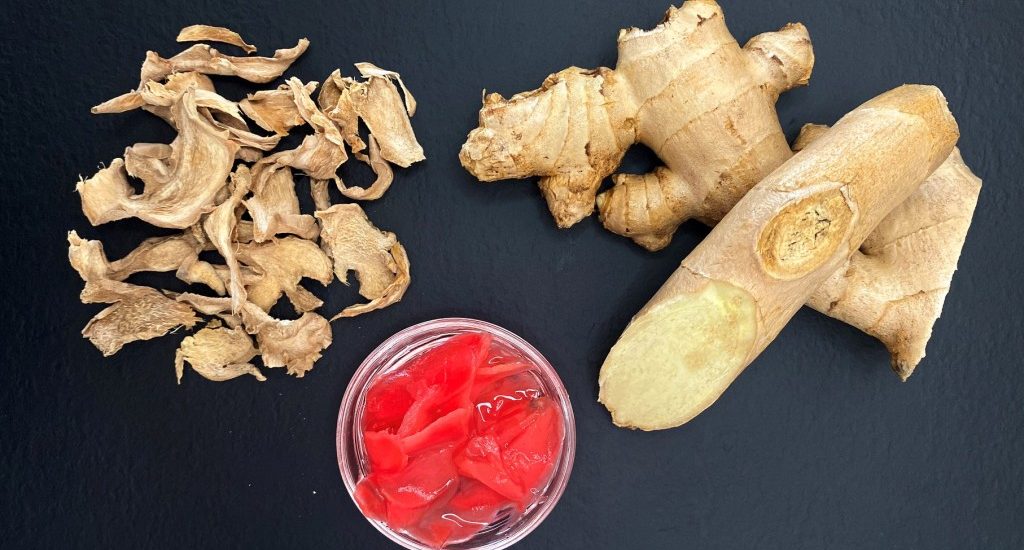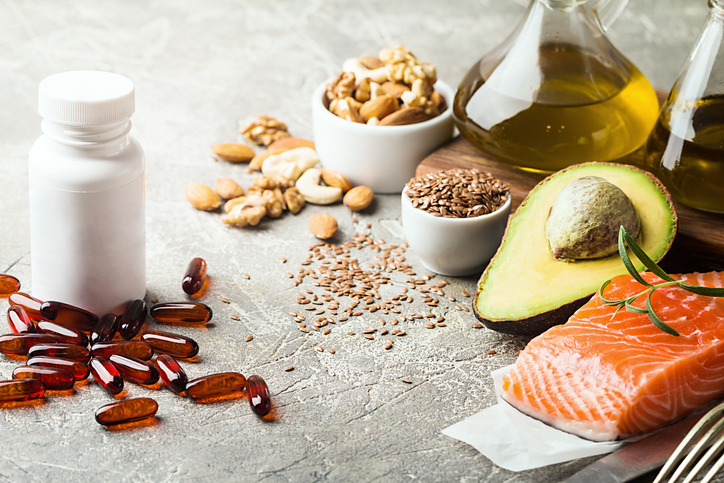Skipping Food? 6 Ways To Balance Your Nutrition


Specialized eating plans are no longer that “special.” In a recent Nielsen survey, 31% of responders said that they or someone in their household avoid certain foods because of a food allergy or intolerance. Other people exclude various foods because of sustainability concerns, ethics, weight loss efforts, chronic health conditions like heart disease and diabetes or simple dislike.
Despite the occasional alarmist headline, special diets aren’t dangerous; they simply require more meal planning and savvy use of dietary supplements to make up for potentially missing nutrients. We’ve created six scenarios of people following personalized diets to show how to make up any nutritional shortfalls. Find your match to target your needs.
Supplement doses listed here are for adults who are not pregnant or breast-feeding. Talk to your health care provider about supplements you’re considering and to customize your dose.
Vicky: No animal products
After being a vegetarian for years, Vicky committed to full-on vegan eating on her 65th birthday. In addition to meat, she now eliminates dairy and eggs, too. Without any animal-based foods, she lacks a good source of vitamin B12. B12 deficiency can contribute to tiredness, balance issues and poor memory, which are top-of-mind for Vicky as she ages.
Eat this: Vitamin B12–fortified nondairy milk, cereal and other fortified vegan foods. Season foods with vitamin B12–fortified nutritional yeast.
Supplement with: 1,000 mcg B12, preferably hydroxocobalamin, daily. For better absorption, choose tablets that dissolve under the tongue.
Matt: No fish
At a recent checkup, Matt found out that his triglycerides, a heart-health indicator, were high. His doctor advised him to eat oily fish like salmon or sardines twice a week for their EPA and DHA omega-3 fats, which may help lower triglycerides. Try as he might, Mike just can’t bring himself to eat fish.
Eat this: Walnuts and some seeds (like flaxseed, hemp and chia seeds) provide the ALA form of omega-3s. The body can convert ALA to the more potent EPA and DHA omega-3 forms—but in small amounts compared to what you get in fish.
Supplement with: 1,000–3,000 mg omega-3 fish oil daily in divided doses.
Gwen: No gluten
Gwen gave up gluten upon her doctor’s advice. That cleared up her digestive and skin issues, but a recent test revealed her borderline-high blood sugar creeping up. Gwen admits she’s enjoyed a few too many gluten-free cookies. And gluten-free diets can lack enough fiber and magnesium, two nutrients that help keep blood sugar levels in the healthy range.
Eat this: Swap products made with refined gluten-free grains, like white rice and cornstarch, for those with whole-grain amaranth, buckwheat, quinoa, teff and certified-gluten-free whole oats.
Supplement with: 200 mg magnesium (such as magnesium glycinate) daily. For blood sugar support, combine it with 160–200 mcg chromium.
Dustin: No milk
Dustin eats no dairy products but takes supplements with calcium. Since switching from a landscaping job to a desk job last year, he has noticed that he’s tired a lot and has caught several bugs from his coworkers. Dustin’s doctor found that his vitamin D blood level is a bit low—more common after a long winter and little sun exposure (which the body uses to make vitamin D). Low D can lead to fatigue and weakened immunity.
Eat this: Not many foods beyond fortified milk offer vitamin D, but salmon, fortified orange juice and eggs yolks are a few good sources.
Supplement with: 1,000−5,000 IU vitamin D3 daily.
Nick: No nuts
Five-year-old Nick was recently diagnosed with life-threatening allergies to peanuts and tree nuts. The nutritionist reassured Nick’s parents that nuts aren’t required for good health if Nick eats a wide variety of other foods, including whole grains, vegetable oils, eggs, soybeans and all manner of legumes.
Eat this: Nut butters are out, but enjoy a non-GMO soy spread, which is a good protein source. Or, try sunflower seed butter, which is a super source of several nutrients commonly found in nuts, including vitamin E, magnesium and selenium.
Supplement with: an allergen-free, age-appropriate multivitamin-mineral supplement, especially if someone is a picky eater.
Octavia: No veggies
Octavia is thinking about having a baby in the next year or so, but as a vegetable hater, she’s rightly worried she might be missing important vitamins. In particular, Octavia’s doctor suspects her veggie-sparse diet may be low in folate, needed to help prevent certain birth defects.
Eat this: Besides leafy greens and vegetables, natural folate sources include legumes and beans (all kinds), whole grains, peanuts and peanut butter, sunflower seeds, oranges, tomatoes and avocados.
Supplement with: 1,000 mcg L-5-methyltetrahydrofolate or Metafolin forms of folate daily.






